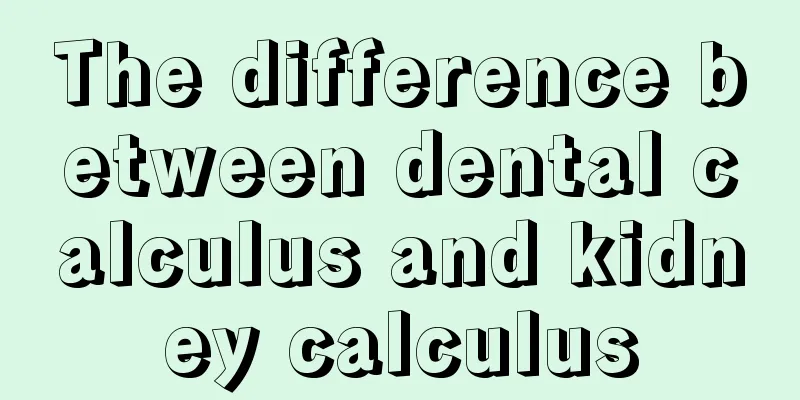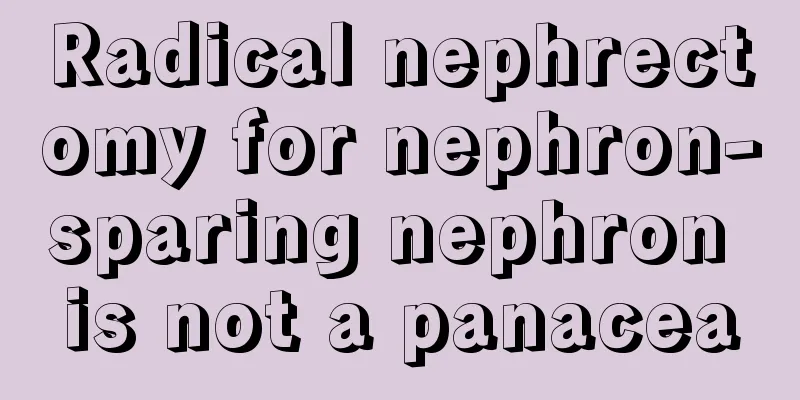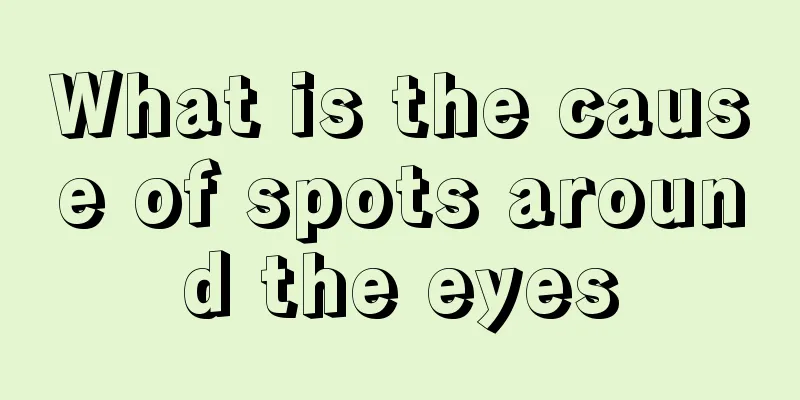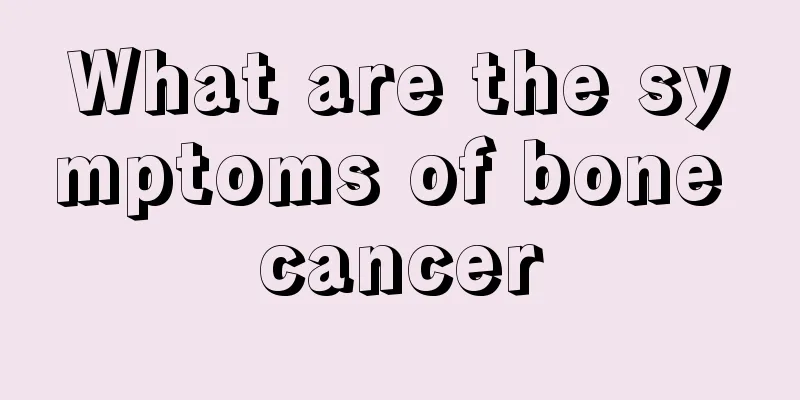The difference between dental calculus and kidney calculus

|
What are the differences between dental calculus and kidney calculus? Both dental calculus and kidney calculus are calculus diseases, but dental calculus and kidney calculus are different. Dental calculus is relatively easier than kidney calculus, while kidney calculus is a very serious disease. If kidney calculus is serious, it is easy to cause cancer. Kidney calculus can also cause great harm to the human body. Kidney calculus can also cause many kidney diseases. So what are the differences between dental calculus and kidney calculus? Dental calculus Dental calculus, also known as dental plaque, is usually found on the surface of teeth near the openings of the salivary glands. Such as the lingual surface of the mandibular front teeth, the buccal surfaces of the maxillary posterior teeth and the necks of the teeth, as well as the tooth surfaces where the oral mucosa cannot move. Tartar starts out as soft, milky white plaque that hardens as it gradually calcifies. It is composed of 75% calcium phosphate, 15% to 25% water, organic matter, manganese phosphate, calcium mineral acid and trace amounts of potassium, sodium and iron. And appear yellow, brown, or black. Dental tartar is an important pathogenic factor in the development of periodontal disease. If you do not pay attention to developing good oral hygiene habits, tartar can easily and quickly deposit on the tooth surface again even after thorough cleaning. Kidney stones Kidney stones are a common disease of the urinary system. It is more common in men than in women and mostly occurs in young and middle-aged people. There is no significant difference in the incidence between the left and right sides. 40% to 75% of patients with kidney stones experience varying degrees of low back pain. The stones are large and have little mobility, which can cause soreness and discomfort in the lower back, or dull or aching pain when physical activity increases. Colic caused by smaller stones often occurs suddenly and is characterized by severe, knife-like pain in the waist and abdomen, which is paroxysmal. Dental calculus and kidney stones are two different diseases. Don't worry. If it is dental calculus, you can improve this phenomenon by brushing your teeth more often and washing your teeth regularly. If it is kidney stones, if the stones are large, you need timely surgical treatment. When facing kidney stones, you must drink more water, which can also reduce the degree of stones. |
<<: What is the best concentration of soda water?
>>: What should I do if the heels of my shoes rub my feet?
Recommend
What is Sannai seasoning
Speaking of Sannai, I believe many people are ver...
Requirements for being a fitness trainer
Nowadays, fitness has become a mainstream topic i...
Reasons why renal hamartoma grows larger
Renal hamartomas can grow larger due to a variety...
What are the benefits of eating pearl powder
Pearl powder has a great effect. It can not only ...
What to do if a child has a cold and cough
Most people experience cough, fever, and runny no...
Is it true that honey is sweet?
Honey is obtained by the evaporation of water fro...
Can white wine be heated?
We often watch some ancient TV dramas. When some ...
Influenza A virus antigen positive
There are many types of influenza viruses. A posi...
What should I do if cotton and linen clothes wrinkle easily?
Cotton and linen clothes are very important warm ...
Which hospital is the most authoritative for skin cancer surgery
In fact, the environmental pollution we live in n...
Don't let these habits take away our hearing
Bad habit 1: Occupational noise hearing damage ca...
How to choose honey
Honey is a food that everyone likes, and most of ...
What is the normal oral temperature of the human body
Abnormal conditions in the body require timely tr...
What gift should I bring to see a woman who has just given birth?
We all know that the mother's body is very we...
Morning running speed
Regular exercise is very beneficial to your healt...









